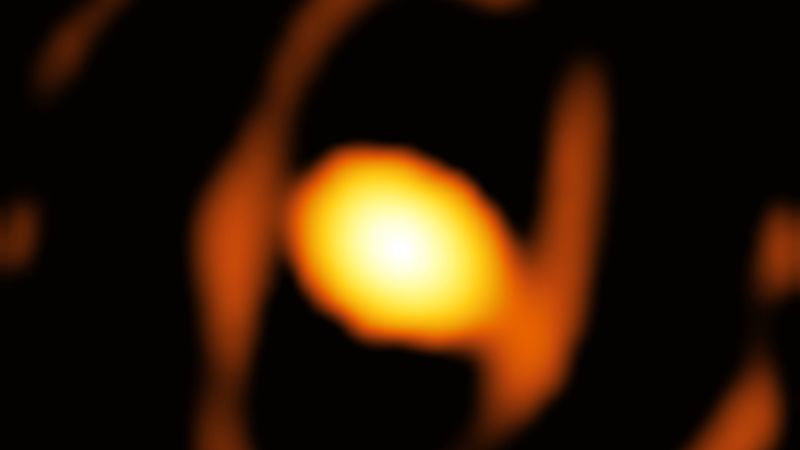
Galileo System
The Galileo System is a global navigation satellite system (GNSS) that has been developed by the European Union (EU) through the European GNSS Agency (GSA), headquartered in Prague, Czech Republic, with two ground operations centres in Italy and Germany. The system is named after the Italian astronomer Galileo Galilei. It is intended to provide an independent high-precision positioning system so EU nations do not have to rely on the US GPS, or the Russian GLONASS systems, which could be disabled or degraded by their operators at any time. The use of basic (low-precision) Galileo services is free and open to everyone. High-precision capabilities will be available for paying commercial users and for military use. Galileo is intended to provide horizontal and vertical position measurements within 1-metre precision, and better positioning services at higher latitudes than other positioning systems. The Galileo project was launched in 1999, with the system becoming operational in 2016, and is due for completion by 2020.
Your Previous Searches
Random Picks
- Ozone: Ozone is a molecule composed of three oxygen atoms. In the context of space and astronautical engineering, ozone plays a crucial role in the Earth's atmosphere as it absorbs harmful ultraviolet radiation from the sun. Ozone is also present ... Read More >>
- Segmented: Segmented refers to a design or structure that is divided into distinct parts or sections. In the context of space and astronautical engineering, segmented structures are often used in the construction of large space-based observatories and ... Read More >>
- Environmental Testing: Environmental testing is the process of subjecting spacecraft, satellites, and other space systems to simulated environmental conditions that they may encounter during their mission. These conditions include extreme temperatures, vacuum, ra ... Read More >>
Top News

First close-up image of a star beyond our galaxy may reveal impending supernova...
Astronomers have taken the first close-up image of a star beyond our galaxy, and it’s a “monster star” surrounded by a cocoon as it slowly dies....
News Source: CNN on 2024-11-21

Bestselling author explains the science of happiness: "You can do the work"...
Bestselling author and Harvard professor Arthur Brooks opens up about how enjoyment, satisfaction and meaning in life can increase a person's wellbeing....
News Source: CBS News on 2024-11-18

November's full moon, known as the Beaver Moon, is the last supermoon of 2024. H...
November's full moon, known as the Beaver Moon, is the last supermoon of 2024. Here's when it peaks and why it's called the Beaver Moon....
News Source: CBS News on 2024-11-15

You can't put a price on the sense of awe particle physics inspires...
Astronomy and particle physics are no longer seen as vital by the US establishment, so funding has fallen. But our work creates a sense of wonder, and wonder matters, says Chanda Prescod-Weinstein...
News Source: New Scientist on 2024-11-13

If you want to stretch your gift game into days this holiday, check out these ad...
The advent calendar phenomenon is growing every year, with so many exciting, fun, beautiful, and delicious options available...
News Source: ABC News on 2024-11-04